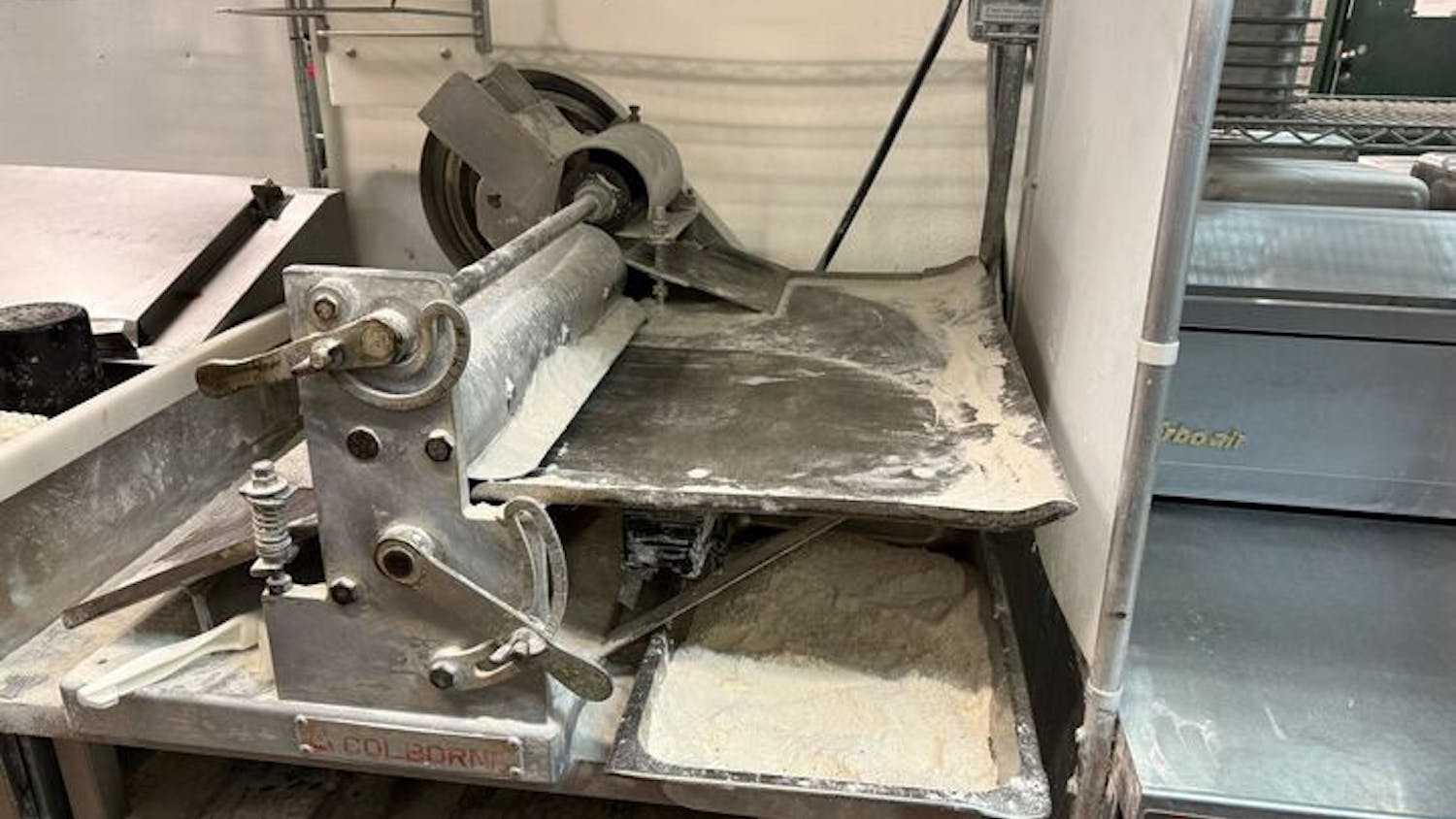In today's competitive job market, it is natural to approach a job interview with the same anxiety and fear accompanying life's other unpleasant necessities, like trips to the dentist and paying your rent. With careful planning and attention to detail, however, it is possible to transform an interview from a terrifying interrogation to a pleasant conversation yielding a satisfying and rewarding post-graduation position.
To keep your head in the game and not in the sand, The Daily Cardinal has prepared a handy list of interviewing tips that can be applied to job-seekers looking for every position from ball boy to big-time CEO. Make sure to pay careful attention to each of these steps-like tying your shoes, missing one can trip you up. Get them right and you will be on the road toward power and prosperity, or at least away from ramen and roach repellent.
The best interviews begin well before the first handshake.
\When we survey employers, the biggest thing they give us feedback on is (for students) to research the employer,"" Greg Iaccarino, an advisor from L&S/Human Ecology Career Services said.
Iaccarino advises students to focus not only on tangible rewards like salary and benefits, but on intangibles like work/life balance, the company's record of lay-offs, the firm's relationship with the surrounding community and its commitment to diversity. Possible resources include the business press, employee contacts and online directories such as www.rileyguide.com.
Job seekers should also be certain of the interview's time, location and how they will get there.
""Make sure you know where it is so you don't spend half an hour wandering around West Towne,"" Mike Bernabo, a senior in L&S, recalled. ""I didn't know the bus system very well and ended up taking the wrong bus ... I still got the job, but it didn't look good.""
All the research in the world will not compensate for the toxic aura emitted by a slovenly appearance.
""You want to minimize any kind of distraction,"" Iaccarino said, which includes cologne or perfume, ungroomed facial hair, gum chewing and overly casual dress. ""You can never go wrong by overdressing,"" he added.
Candidates should make sure to bring copies of their r??sum??, examples of previous work and a list of their references. A firm handshake and steady eye contact convey seriousness and respect, at least in the United States. Students looking to work abroad should research the etiquette of their new culture since norms of appropriate dress and behavior vary from place to place.
While manners may appear superficial, they are integral to a good performance since it takes as little as five seconds to form a personal impression.
""The interviewer is your first encounter. They only know you from a sheet of paper,"" Iaccarino notes.
While the specific interview questions can vary widely by industry, a sound answer to every inquiry requires that you match your skills with examples of their relevance to the job.
Interviewees need to be able to answer both content questions, like ""Are you a good leader?"" and provide specific examples of these traits from their past activities such as ""I led a scout troop on an overnight hike.""
This creates a situation where ""the candidate is not passive and just being fed questions,"" Iaccarino said.
""At the end of freshman year I applied for five different jobs,"" said Michael Eckblad, UW-Madison senior in the College of Education. ""At first I was nervous (interviewing), but by the end I was like: I fit the job profile and this is what I can offer you. Those were the jobs I got.""
Finally, remember to be positive but honest in assessing your skills and personality traits. No one benefits from a poor fit between an employer and an employee.
A great interview won't lead to ""You're hired!"" unless you take the time to follow through.
""It's very important to send thank-you letters,"" Iaccarino noted.
The letters should be sent to everyone who participated in the interview. To do so, ask for business cards, which can provide future contacts and even leads on other jobs.
Also, make sure to ask your interviewer about the period in which you should expect an answer on your job so you won't hang indefinitely. If your interviewer cannot provide a date, make it a point to call your contact at the firm in two weeks.
Finally, keep your references informed about your interviewing so they will be ready when they call your (hopefully) future employer contacts them. Unexpected calls make it much more difficult for your references to ""sell"" you.
Even if you don't get the position, a conscious interview strategy yields information about your chosen field, industry contacts, and personal insight into your career quest.





